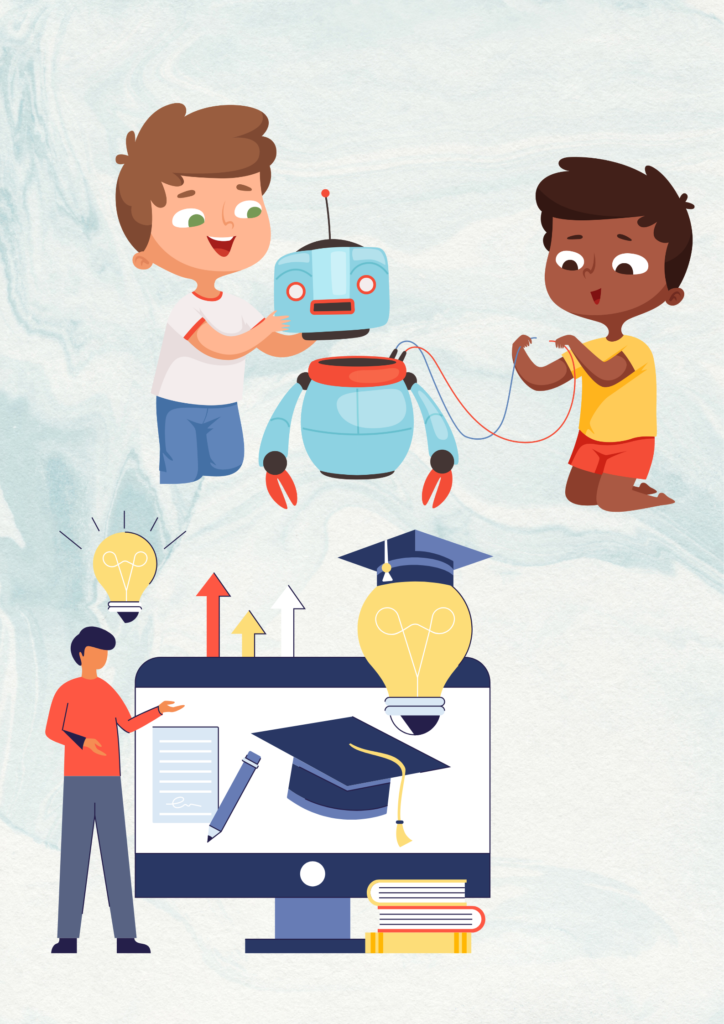The Future of Education: A Global Perspective

The Rise of Technology in Education
One of the most significant trends shaping the future of education is the increasing integration of technology. Digital devices, online learning platforms, and AI are revolutionizing the way students learn and teachers teach. Personalized learning experiences, adaptive assessments, and virtual reality simulations are just a few examples of how technology is enhancing education. Online learning is also breaking down geographical barriers, making education more accessible to people in remote areas.
Globalization and Education
Globalization is another major force driving change in education. The interconnectedness of the world economy and the increasing mobility of people have created a demand for globally competent individuals. Schools and universities are responding by incorporating international perspectives into their curricula, fostering cultural exchange programs, and offering language courses. This trend is also driving the development of transnational education partnerships and the growth of online education platforms.
Shifting Societal Needs and Education
As the world becomes more complex and rapidly changing, there is a growing emphasis on developing skills such as critical thinking, problem-solving, creativity, and adaptability. These skills are essential for success in the 21st century and are increasingly being integrated into educational programs. Additionally, there is a growing recognition of the importance of social and emotional learning, which helps students develop empathy, resilience, and other essential life skills.
Challenges in Ensuring Equitable Access
Despite these positive trends, challenges remain in ensuring equitable access to quality education worldwide. Economic disparities, cultural differences, and technological limitations continue to hinder educational opportunities for many. Addressing these challenges will require concerted efforts from governments, educational institutions, and the private sector to invest in education infrastructure, improve teacher training, and promote inclusive policies.
The future of education is marked by exciting possibilities and significant challenges. By embracing technological advancements, fostering globalization, and addressing societal needs, we can create a future where education is accessible, equitable, and prepares students for the complexities of the 21st century.




















